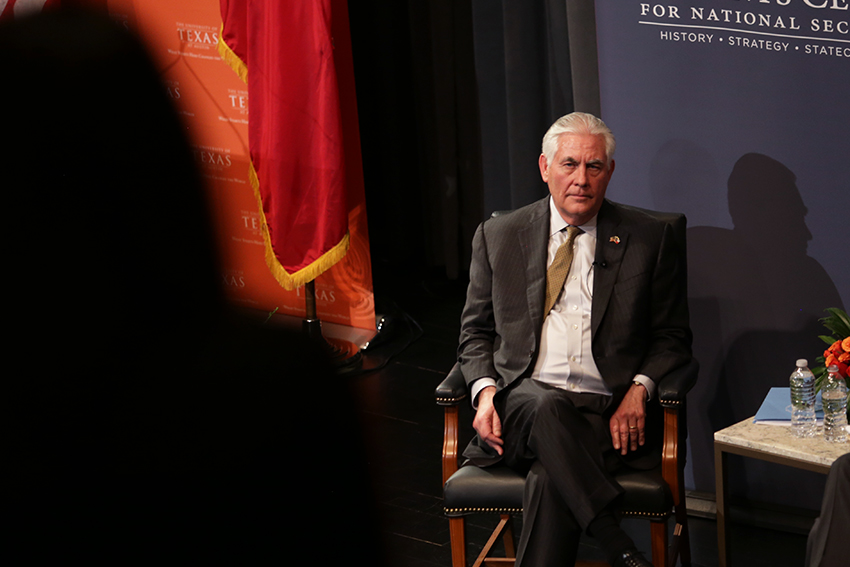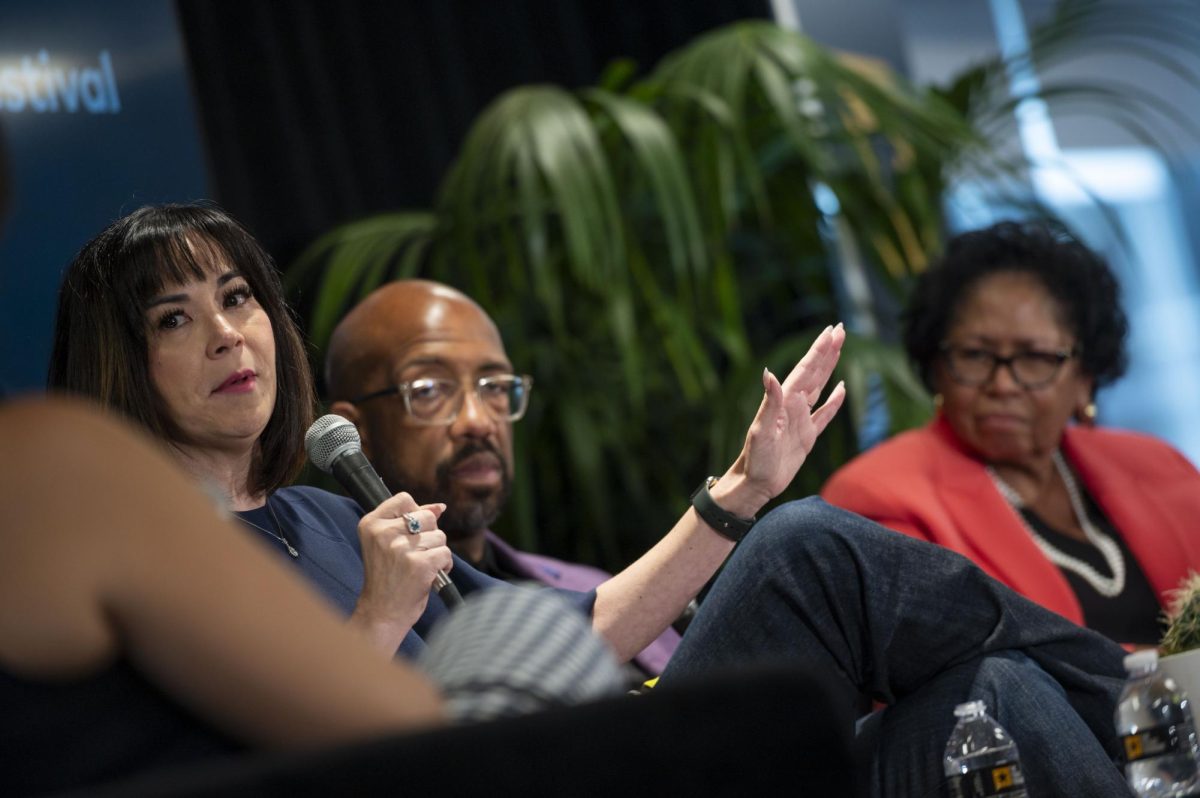With UT System Chancellor William McRaven set to retire in May, reports about former U.S. Secretary of State Rex Tillerson being a potential candidate have sparked discussions about who the Board of Regents could pick to lead the System.
So, what does it take to be the chancellor of the biggest university system in Texas? The next UT System chancellor will have to be an effective communicator and advocate, experts and state leaders say.
The chancellor, or chief executive officer, is arguably the most important role in the UT System, said McCombs School of Business professor Kristie Loescher. Like any other CEO, the chancellor will define the mission and direction of future growth for the System, Loescher said.
“The primary job of the CEO is to be able to articulate those things very clearly and then influence people to follow him or her in the direction of the future they’ve identified,” Loescher said.
In the corporate world, CEOs can be forceful to ensure their vision is realized and makes customers happy, but Loescher said the chancellor will have to carefully balance the different needs of employees, faculty, students and parents across the System’s 14 institutions.
This could pose the biggest challenge for a business person such as Tillerson, a former Exxon Mobil CEO and UT alum.
“We have these really long-term, deeply embedded relationships with daily interactions,” Loescher said. “If someone comes from a business background, they will have to understand that complexity.”
But business leaders are no longer uncommon in higher education. University system leaders previously ascended to the role by serving in university administration, said Victor Saenz, Educational Leadership and Policy Department chair at UT. In the last decade, university systems have increasingly hired non-academic leaders, Saenz said.
“In Texas, there’s six big university systems in the public sector,” Saenz said. “Five of those are led by individuals who are not traditional academic administrators. They came from industry. They came from the political arena.”
A background in politics would benefit the System’s chancellor, who will have to advocate for state funding and support for UT institutions and students during the 2019 legislative session.
“It is a very political position,” said State Rep. Donna Howard, D-Austin. “The person who is in that position is certainly going to be looking at relationship building across the legislative body to ensure they get the support they need to actually fulfill the mission.”
Raymund Paredes, the state commissioner of higher education, said this will be crucial with mounting concerns about college costs.
“The most important issue the chancellor will have to tackle is the efficiency of higher education,” Paredes said. “I think there’s a perception in the Legislature that higher education is not necessarily cost-effective.”
Amarillo Republican Kel Seliger, who chairs the Senate Higher Education Committee, said the chancellor will be responsible for maximizing the financial assets of the UT System under a clear vision.
Edwin Sharpe, a clinical professor of educational leadership and policy, served as a system executive vice chancellor of academic affairs in the 1990s and said there isn’t necessarily one perfect candidate for the job. But the chancellor will have to be ready to learn, Sharpe said.
“You ultimately want someone who has a balance of skills and can make the most appropriate decisions from the information available,” Sharpe said.





















